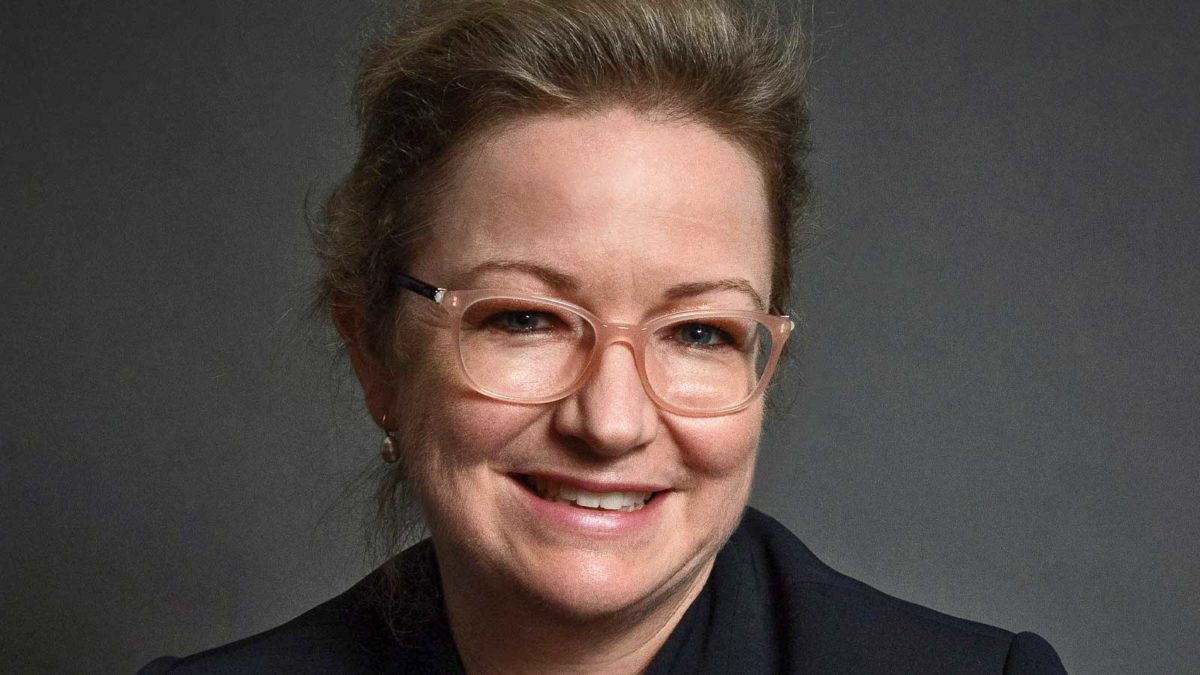How ACSA prepares for ‘Uber’ moments
A key and enduring theme of the work of the Australian Custodial Services Association is the search for ever-greater efficiency in financial markets. Custodians need always be prepared for the next ‘Uber moment’.
The latest such moment came in February last year when Magellan Financial Group launched the first quoted managed fund, on behalf of its subsidiary Airlie Funds Management. The ASX-quoted fund allows managers to use their traditional unlisted unit trusts for share-market trading without the need to set up a new vehicle. Investors can choose which access point they want.
Magellan’s long-time administrator, Mainstream Group, which worked on the project, and other rival admin groups such as Link, have followed this with similar quasi-listings on both the ASX and Chi-X, which this year acquired by the Chicago Board Options Exchange.
The quoted funds developments have worked in parallel with ACSA’s continued focus on the unlisted funds space. ACSA launched a taskforce referred to as “Funds 2.0” in February 2019 and invited ACSA members, including asset servicing firms, service providers, together with asset managers and other interested parties to review opportunities for improving operational efficiencies supporting unlisted funds.
The brief of the taskforce set up for Funds 2.0 is a prime illustration of ACSA’s role in facilitating discussions with industry participants and the wide-ranging activities of ACSA’s various working groups and their interactions with other industry bodies, such as the FSC.
The “pain points” collated by ACSA under Funds 2.0 taskforce, all hindered efficiency and the investor experience. They include:
• Onboarding – for example, with AML/KYC process efficiency there is potential to harmonise risk interpretation while also balancing fraud prevention and cyber security risks,
• Fund data – regulatory, tax, profile information; opportunities to streamline publication and collection for all stakeholders, improve the integrity and consistency of data, encourage efficiency through a ‘publish-once’ approach,
• Corporate actions and reporting – standard formats and interpretations, including year-end reports, improve the investor experience,
• Orders and transfers – taking the next step towards full electronic order routing, streamlined cash processing and automated in-specie transfers, and
• Standards and common market practice (for all of these functions and additional process efficiency).
Asset servicing and related firms have experienced ongoing frustrations that, while progress has been made in some areas over the past few years, inefficient processes are still too common.
Sally Surgeon, ACSA’s new chair, says ACSA’s work, which is largely behind the scenes, aligns with a number of industry themes including regulation, efficiency, risk and best practice and shifts in investments.
An example of an uber moment is the work that all custodians are doing on distributed ledger technology (DLT), required for the CHESS replacement system to be used by the ASX, and crypto currencies.
Northern Trust, Surgeon’s own employer, where she is head of client services and the Sydney office, has published extensively off the back of regular surveys of fund manager and investor expectations on trends such as crypto currencies, for instance. It was the first custodian to go live with a fund using DLT (for private equity) and has predicted that crypto currencies will gain wide institutional use in the future.
Another shift which has already gained widespread usage is the incorporation of ESG principles in funds and strategies, which invariably have implications for the back and middle offices as well as the front office.
Surgeon joined Northern Trust in London in 2005 and moved to Australia in 2007 when Northern Trust opened its first office in Australasia, in Melbourne, initially to service two funds – NZ Super and the Future Fund, which both remain clients. She has led the Sydney office since 2017.
She was appointed as ACSA chair, and Jennifer Saunders of State Street as deputy chair, in April this year, following the retirement from the position of NAB Asset Servicing’s David Knights. Knights remains on the board as does ACSA’s treasurer, Daryl Crich of BNP Paribas.
Surgeon says the membership base has continued to expand over the years, notwithstanding a consolidation among the master custodian banks in Australia, enabling ACSA to invest in the industry through its work. ACSA was formed in 1994. This is largely due to the growth in associate memberships including administrators and systems providers.
“My view is there is room for a range of service providers in the space,” she says. “They also make up an important part of our working groups contributing their expert knowledge.”
The working groups, each have an appointed “chair” and a “sponsor” who direct and oversee the project priorities for the following: taxation; regulations; custody operations and corporate actions; and, member services.
As reported early this month (July 5), Rob Brown, the ACSA chief executive, has announced his intention to retire this year, after a replacement is found. He is to form his own business with industry colleagues.










